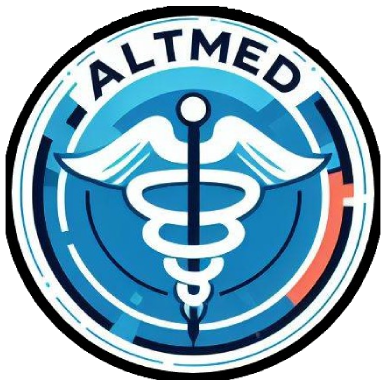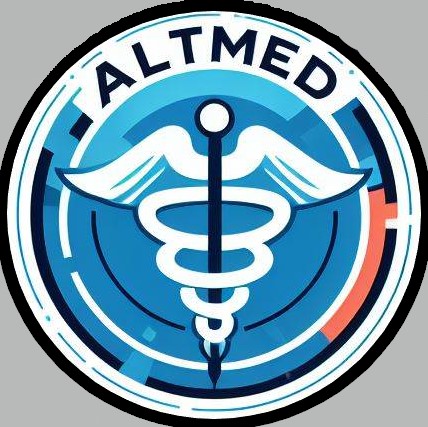Introduction:
The adoption of psychedelic-assisted therapy (PAT) into mainstream psychiatry poses unique challenges. In their 2024 review, published in Current Opinion in Psychiatry, Xenakis and Shannon outline critical requirements for the effective and ethical implementation of PAT.
Key Points:
- Establishing Infrastructure: The report emphasizes the need for specialized training programs for therapists and clinical guidelines to standardize practices. Psychedelic therapies demand expertise in preparation, dosing, and post-session integration.
- Safety Protocols: Rigorous patient screening is necessary to identify individuals at risk for adverse effects, such as those with a history of psychosis. Structured settings and real-time monitoring ensure safety during sessions.
- Access and Equity: High costs and limited trained practitioners may restrict access. Policies to subsidize treatment and broaden professional training are critical to addressing disparities.
- Regulatory Frameworks: Establishing consistent regulatory policies across regions will streamline implementation and support scalability.
- Future Research Needs: Long-term studies are essential to understand the durability of treatment effects and the mechanisms underlying their efficacy. The report calls for collaboration between academia, industry, and regulators to build this evidence base.
The VitalPoint for Providers:
The successful integration of PAT requires significant investment in training, safety protocols, and equitable access. Clinicians should begin familiarizing themselves with emerging guidelines and ethical considerations to be prepared for this transformative shift in psychiatry.
Learn More:
- Access the full article: https://doi.org/10.1097/YCO.0000000000000946
- Explore training opportunities: https://www.cpes.education
- Psychedelic research updates: https://clinicaltrials.gov

